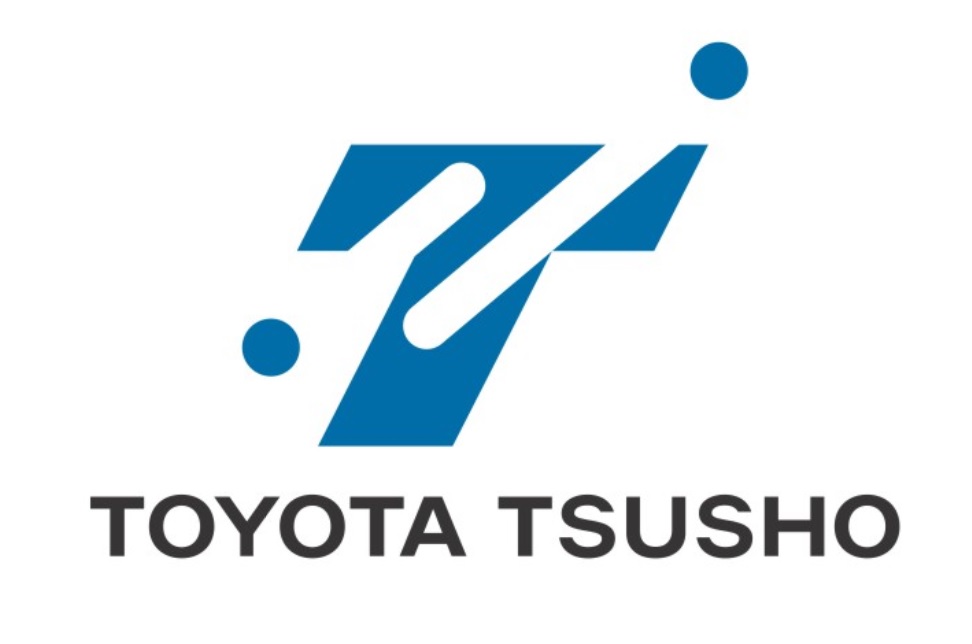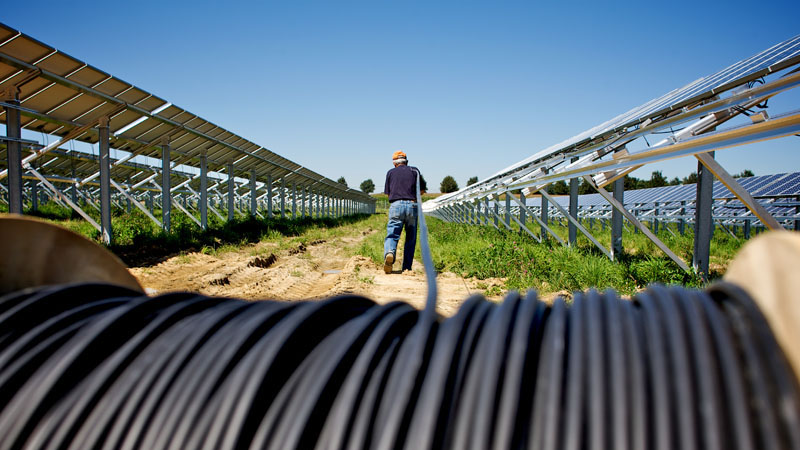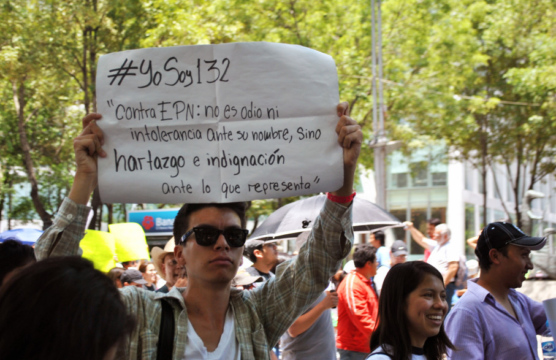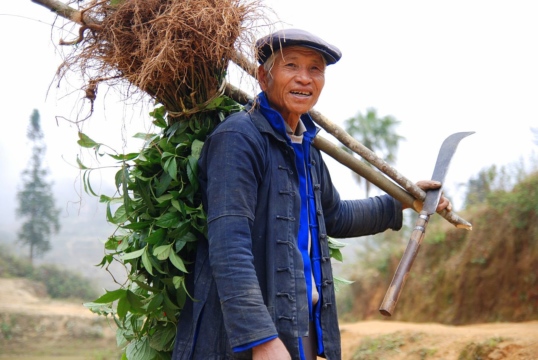Earthquake Exposes Haiti’s Silent Crisis
Haiti represents one of the most complex and deeply rooted challenges facing U.S. foreign policy in the Western Hemisphere: a failing state on the doorstep of the world’s most powerful nation.
On October 25, 2023, the Inter-American Dialogue and the Japan Association of Latin America and the Caribbean (JALAC) held the virtual event, “Building Economic Resilience—Japan’s Evolving Approach to Engagement with Latin America”—the ninth in a series of Dialogue-JALAC events considering Japan’s evolving approach to engagement with the Latin American region.
The convening featured expert commentary from Yasushi Noguchi, director general of the Latin America and the Caribbean Affairs Bureau at the Japan Ministry of Foreign Affairs; Oliver Stuenkel of Fundação Getulio Vargas; Raquel Artecona of the United Nations Economic Commission for Latin America and the Caribbean (ECLAC); former Japanese ambassador to Chile and vice minister for International Affairs, Japan Ministry of Agriculture, Forestry and Fisheries, Hidenori Murakami; and Makota Hirata of the Central and the Caribbean Division of the Japan International Cooperation Agency (JICA).
Participants remarked on the ways in which Japan’s international relationships, including in the Latin American region, are being reshaped amid growing geopolitical complexities and related economic uncertainty. Noguchi set the scene for the audience, noting the many shifting global conditions at present, including “strong tensions due to war and conflict, climate change, and profound technological changes,” among other factors.
Participants were nevertheless generally positive about the prospects for the Latin American region and future Japan-Latin America cooperation. Stuenkel emphasized the region’s relative political stability at a moment of relative disorder elsewhere in the world. As he noted, “[t]he region…has a lot of domestic challenges, but geopolitical tension and the risk of interstate war is certainly not one of them.” This offers opportunities for Latin America to deepend its cooperation with key partners in substantive ways.
Participants also noted the prominent role that Latin America will continue to play in safeguarding global economic stability and supporting supply chain resilience. Murakami and Artecona highlighted the region’s dominant position as supplier of both agricultural commodities and the lithium and other minerals and metals needed to facilitate energy transition across the globe. Latin American countries are among those best positioned to reap the benefits of demand for critical minerals and metals—"assuming the right policy choices and careful management of these industries,” as Artecona emphasized.
Latin America’s continued role as a commodity exporter presents both challenges and opportunities for the region, of course. In the absence of targeted development policy, the continued exportation of primary commodities does little to upgrade the region’s position in global value chains. At the same time, Latin America’s vast resources ensure continued and potentially development-promoting engagement from wide-ranging partners, including Japan.
Following the pandemic and amid current geopolitical developments, Japan and its G7 partners remain acutely focused on resource security. Murakami explained that following the pandemic, “the discussion about the food security is very heated in Japan,” prompting a focus on diversification of supply, including by growing partnerships with agricultural producers in the Latin American region. Noguchi and Murakami also referenced Japan’s Key 2022 Economic Security Protection Act (ESPA), which seeks to ensure the stable supply of critical materials among other measures. With this legislation in mind, Japan’s private sector is looking to nurture critical minerals cooperation with Latin American providers, even though Japanese companies have struggled of late with Chile’s approach to lithium governance and economic and political uncertainty in Argentina.
Japan’s engagement with the Latin American region extends far beyond agricultural cooperation and critical minerals investment, of course. As Hirata noted, JICA’s presence is expansive throughout the region and focused on varied development needs. Also, according to Noguchi, Japan remains committed to cooperation with numerous Latin American sectors through targeted assistance and technical cooperation, building on a successful history of collaboration in the region’s copper, soybean, salmon, and auto manufacturing industries. Japanese participants were careful to distinguish Japan’s approach to industrial development from that of other partners, noting Japan’s enduring commitment to sustainability in these industries.
Looking ahead, Artecona sees tremendous potential for continued Japan-Latin America collaboration in the digital arena, where even small investments can have major impacts. There are also prospects for enhanced cooperation in the provision of public goods, especially as concerns pandemic preparedness and as the region navigates a changing climate, she added. Hirata recognized the importance of Japanese investment in industrial upgrading in parts of the region, such as possible work to develop electric vehicle manufacturing capacity in Mexico, where JICA and Japanese companies have worked for decades to develop supply chains and local talent.
Japan sees value in political cooperation in the region, too, as Tokyo seeks greater alignment between G7 discussions and norms and those in the G20 and other fora. This, in Japan’s view, will entail “tailor-made” cooperation on issues of shared interest, including nuclear disarmament, economic security, climate change and food security, and global health, but efforts to strengthen the rules and institutions that make up the post-WWII international order, which Noguchi credited for Japan’s decades of growth following wartime devastation. Stuenkel relatedly underscored the importance of cooperation on the basis of shared democratic values, noting the strong democratic traditions evident in Japan and Latin America, and the importance of frank discussions among democratic states at a moment of institutional fragility in many parts of the world.
 |
|
 |
 |

Haiti represents one of the most complex and deeply rooted challenges facing U.S. foreign policy in the Western Hemisphere: a failing state on the doorstep of the world’s most powerful nation.
What are the best practices for engaging citizens in the region through new technologies?
China will increase its focus on LAC agriculture in order to supplement domestic production with soy and other food imports.
 Mark Mühlhaus | Quelle | CC by 2.0 | https://https://bit.ly/30oPf3k
Mark Mühlhaus | Quelle | CC by 2.0 | https://https://bit.ly/30oPf3k

